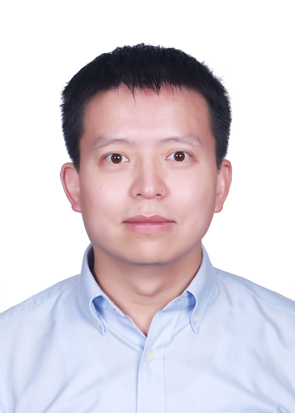

http://www.gao-lab.org/
T: +86-10-62755206
E: gaog@pku.edu.cn
Rm. 501, Integrated Science Research Center No.2,Peking University
Dr. Ge Gao received his PhD in bioinformatics from Peking University in 2006, Since 2011, when Dr. Gao was first recruited as a Principal Investigator (tenure-track) by Peking University, he has developed 12 online bioinformatic software tools and databases for efficient analyses of large-scale omics data. These tools and databases have had over 500 million hits from users worldwide, demonstrating their global significance and impact. Taking advantage of these powerful bioinformatics technical infrastructures, Dr. Gao has been studying the functionality and evolutionary dynamics of two important classes of regulators, transcription factors in plants and long noncoding RNAs in human and several other organisms, demonstrating that novel (i.e., evolutionarily young) regulators can play key roles in multiple biological processes by “re-wiring” existing regulatory circuits. During past five years, His research has led to 13 peer-reviewed papers with him as (co-)corresponding or first author, of which several have been highlighted by Essential Science Indicators (ESI), Faculty of 1000, InCoB’16 as well as "Highly Accessed". Meanwhile, as a bioinformatician working in the School of Life Sciences, Dr Gao has always been passionate about establishing collaborations with biologists on projects of mutual interest. Such effective collaborations have resulted in another 12 peer-reviewed papers.
Dr. Gao is an active member of global bioinformatic society. He has been elected as a member of Executive Committee and the China Liaison for Asia-Pacific Bioinformatics Network (APBioNET) since 2011, and the vice president on Education since 2016. He is also a Founding Member of Expert Committee for Computational Biology and Bioinformatics, Chinese Society of Biotechnology (established in 2014), as well as of Expert Committee for Big Data and Biocuration, Genetics Society of China (established in 2015). His academic achievement has been well recognized through the National Top-notch Young Professionals and Lvye Distinguished Young Biomedical Scholar programs.
In the coming years, Dr. Gao's future scientific pursuit will continue to bridge his profound interest in deciphering the “coded messages” in the human genome and his strengths in combining top-down, holistic thinking with advanced bioinformatics technology. Taking full advantage of the unique resource that the Beijing Advanced Innovation Center for Genomics (ICG) offers -- the cutting-edge omics technology from top biomedical scientists, Dr. Gao will continue his efforts to develop novel bioinformatics technologies for the analysis of massive data available in biology at Peta-scale, and apply these powerful computational tools with “wet” technologies to profile and model regulatory networks at single-cell resolution. Furthermore, as an integral part of ICG, the Gao lab will continue contributing to the overall success of ICG through collaborations and education.
Selected Publications